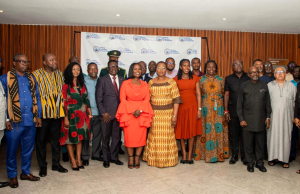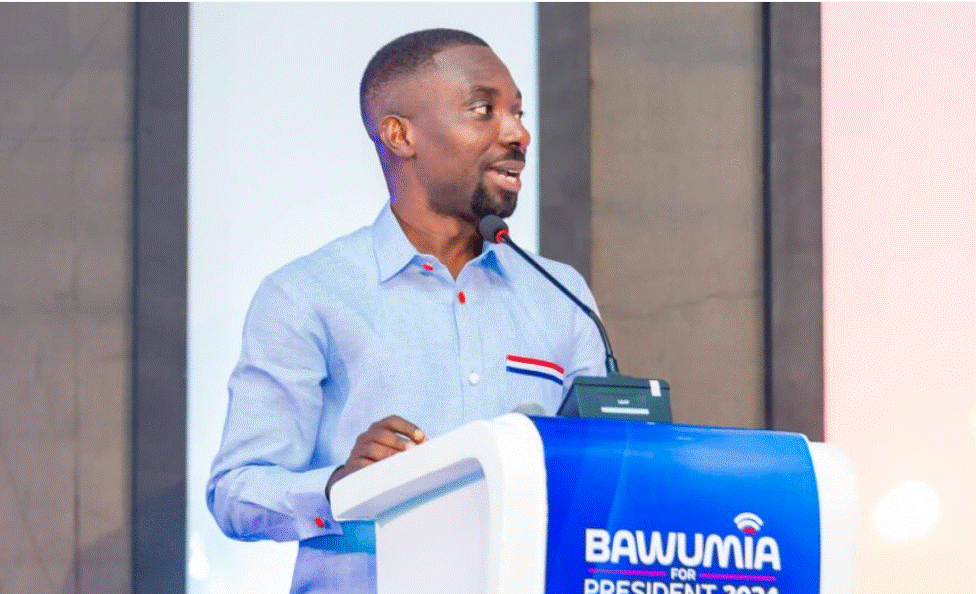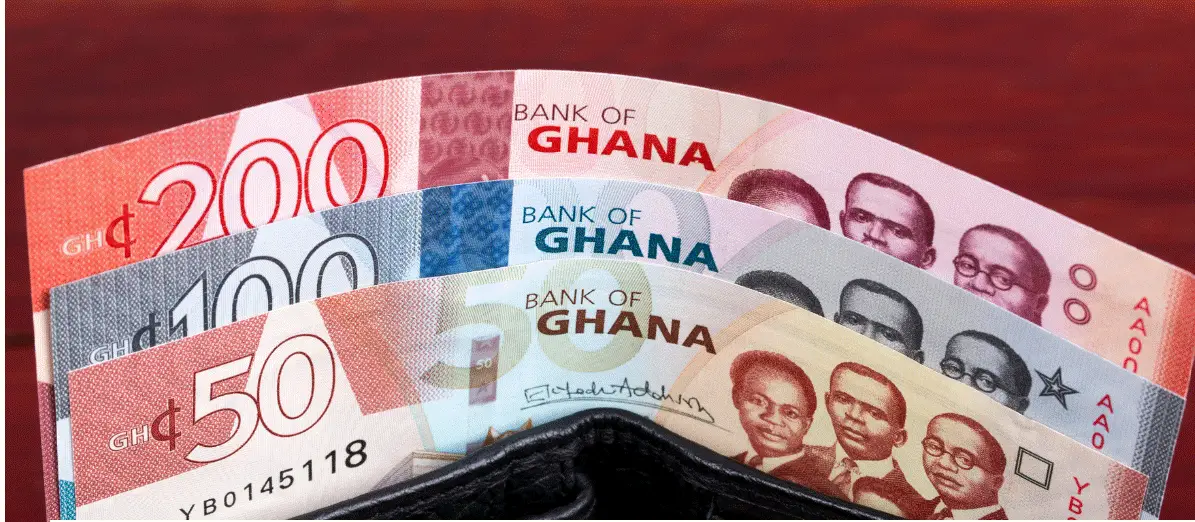
In gathering input for a new National Ethics and Anti-Corruption Action Plan (NEACAP) set to run from 2026 to 2030, a regional stakeholder forum on anti-corruption was held in Tamale recently.
The forum forms part of government’s efforts to strengthen accountability, promote ethical culture and curb corruption – estimated to cost the country about US$3billion annually. It also seeks to build on lessons from the first NEACAP (2015–2024), which faced challenges including weak political commitment and underfunding.
The five-year framework, under the Office of the President, will focus on prevention, education, enforcement and institutional strengthening to tackle corruption and restore public trust.
Delivering his remarks, Northern Region Minister Adolf Ali John described corruption as a major threat to democracy, public trust and sustainable development. He observed that the new plan represents government’s pledge to promote transparency, accountability and integrity across the public service.
“The time has come for a deliberate policy initiative that not only ensures redistribution but also fosters higher moral standards.”
Executive Secretary-Ghana Anti-Corruption Coalition (GACC) Beauty Emefa Narteh explained that although Ghana implemented a 10-year NACAP corruption persistS, making the new framework necessary.
She emphasised that NEACAP aligns with international standards, including the United Nations Convention Against Corruption (UNCAC) which calls for both preventive and enforcement measures.
It will be recalled that Prof. Emmanuel Gyimah-Boadi, one-time Executive Director for Afrobarometer – an anti-corruption think-thank, described the state of democracy in Ghana as largely flawed.
He expressed regret that since Ghana transitioned into a full democracy, just a small section of the population is benefitting from dividends of the country’s democracy which he described as “flawed”.
Among the few, he said, are politicians including presidents, their family and friends.
The post Editorial: Promoting ethical governance in our democratic landscape appeared first on The Business & Financial Times.
Read Full Story





















Facebook
Twitter
Pinterest
Instagram
Google+
YouTube
LinkedIn
RSS